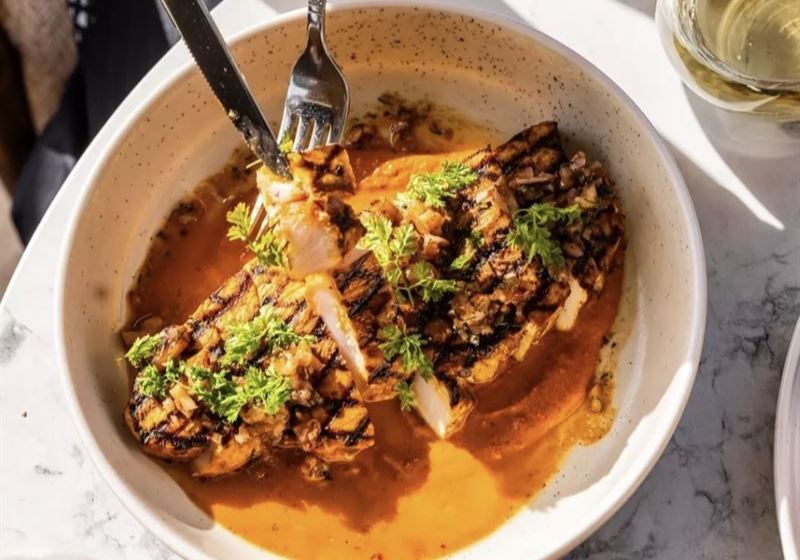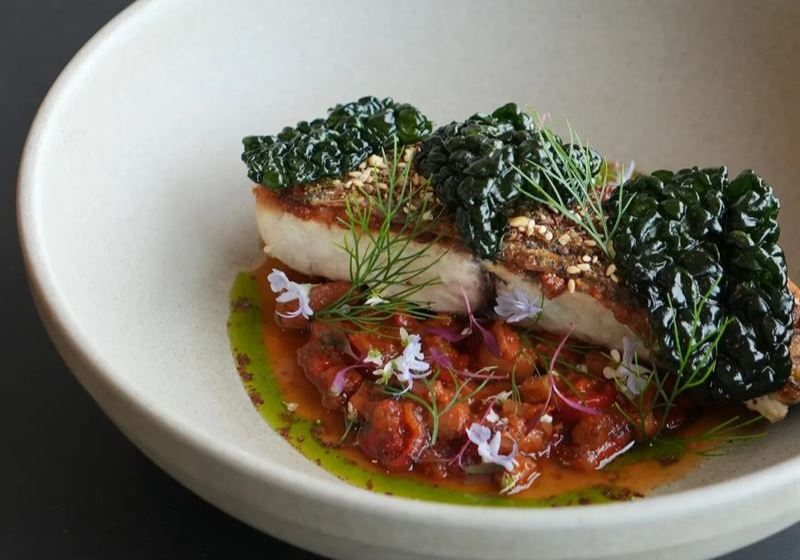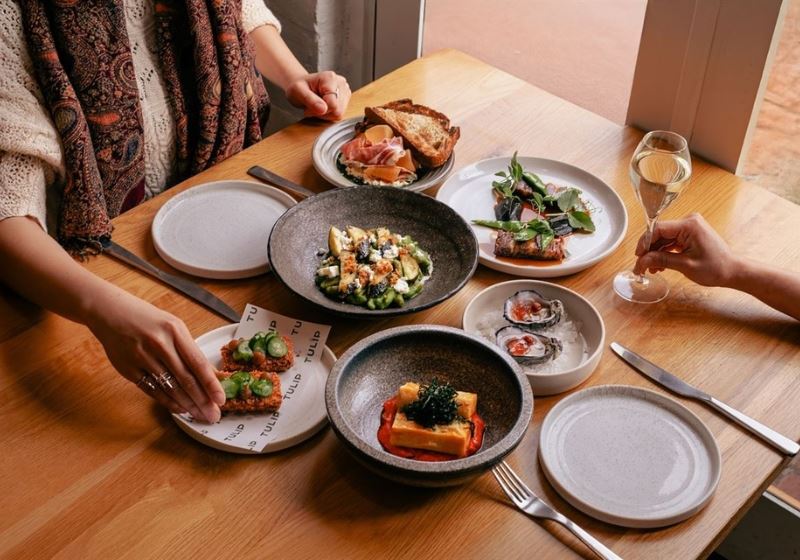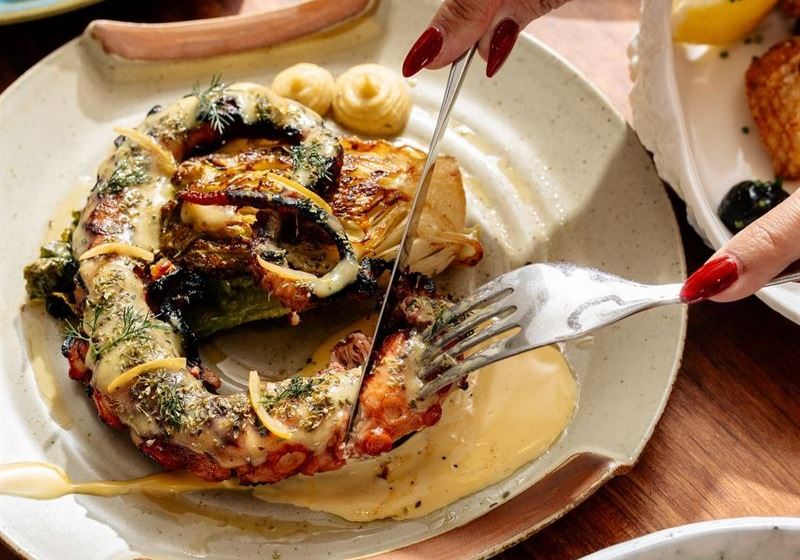Whether you're looking to reduce food waste, elevate your home cooking, or simply try something new in the kitchen, making your own pickles, vinegar and mustard is a rewarding and surprisingly simple culinary pursuit.
These pantry staples pack a punch in both flavour and versatility - and best of all, you can tailor them entirely to your taste.
Pickles: Crunchy, Tangy, Customisable
Pickling is one of the oldest preservation techniques and a great way to give surplus produce a second life. You can pickle just about anything - from classic cucumbers and onions to green beans, carrots, radishes, cauliflower and even watermelon rind.
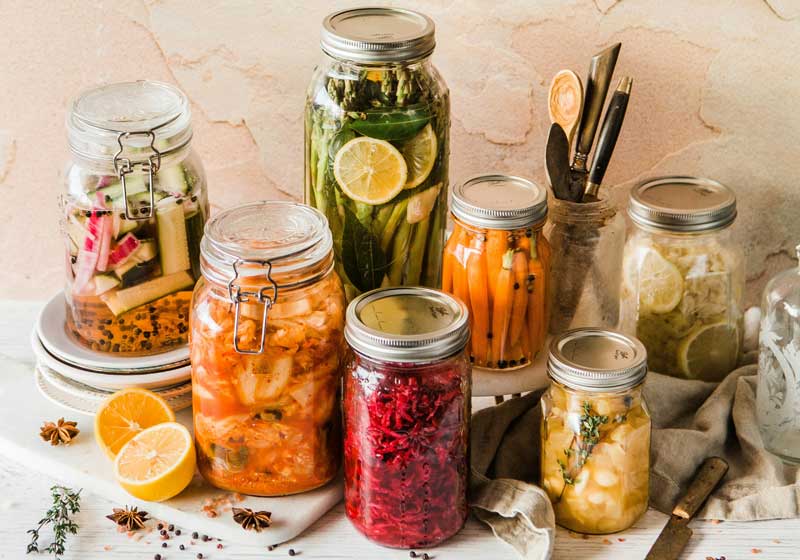
Quick Pickle Method (Refrigerator Pickles):
The simplest way to start pickling is with a vinegar brine. Combine equal parts vinegar (white, apple cider or rice wine work well) and water in a saucepan, adding salt and sugar to taste.
Bring to a boil, then pour the hot liquid over prepared vegetables in sterilised jars. Add flavour enhancers like garlic cloves, dill sprigs, mustard seeds, chilli flakes or peppercorns. Seal the jars and refrigerate. Most quick pickles are ready to eat within 24 hours and can last for up to a month.
Tips:
- Slice vegetables evenly to ensure a consistent crunch.
- Use non-reactive jars (glass is ideal) and lids for best results.
- Experiment with global flavour profiles - try turmeric and ginger for an Indian twist, or soy, sesame and rice vinegar for an Asian-style pickle.
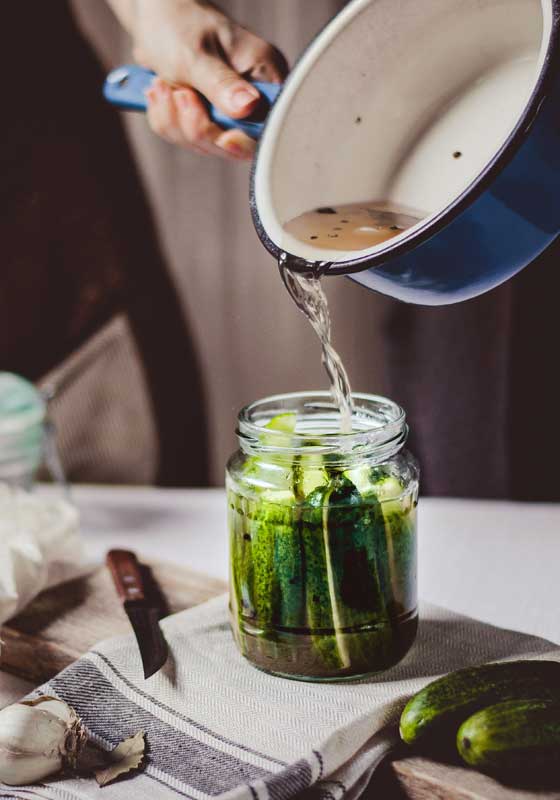
Vinegars: Flavoured and Fermented Elegance
Flavoured vinegars are an easy DIY that deliver big impact. They're perfect for dressings, marinades, sauces and even cocktails. You can infuse vinegar with fruit, herbs, spices or even edible flowers to create custom blends.
How to Make Flavoured Vinegar:
Start with a quality base vinegar - white wine, red wine, apple cider or balsamic. Warm it slightly (not boiling), then pour over your chosen flavourings in a sterilised jar. Seal and store in a cool, dark place for 1-3 weeks, shaking occasionally. Strain before bottling.
Popular pairings include:
- Raspberry and white wine vinegar.
- Rosemary, garlic and apple cider vinegar.
- Chilli, lime and rice vinegar.
- Lavender, honey and white balsamic.

Want to Try Fermenting?
For more adventurous home cooks, fermenting your own vinegar from fruit scraps is a great way to reduce waste. Combine fruit peel or cores with sugar and water, cover with a breathable cloth and allow to ferment for several weeks, stirring regularly. Over time, natural yeasts convert sugars into alcohol, which then transforms into vinegar.
Mustard: Bold, Tangy and Homemade
Mustard is another kitchen staple that’s easily made from scratch and once you try your own, it’s hard to go back to store-bought. At its core, mustard is simply made from mustard seeds, a liquid and sometimes a sweetener or spice.
Basic Homemade Mustard Recipe:
Start with 1/2 cup of mustard seeds (yellow for milder flavour, brown or black for heat). Soak them in 1/2 cup of vinegar or a mix of vinegar and water for 1-2 days to soften. Then blend to your desired consistency - smooth or whole grain. Add a pinch of salt, a touch of honey or maple syrup for balance and optional spices like turmeric, garlic or smoked paprika.
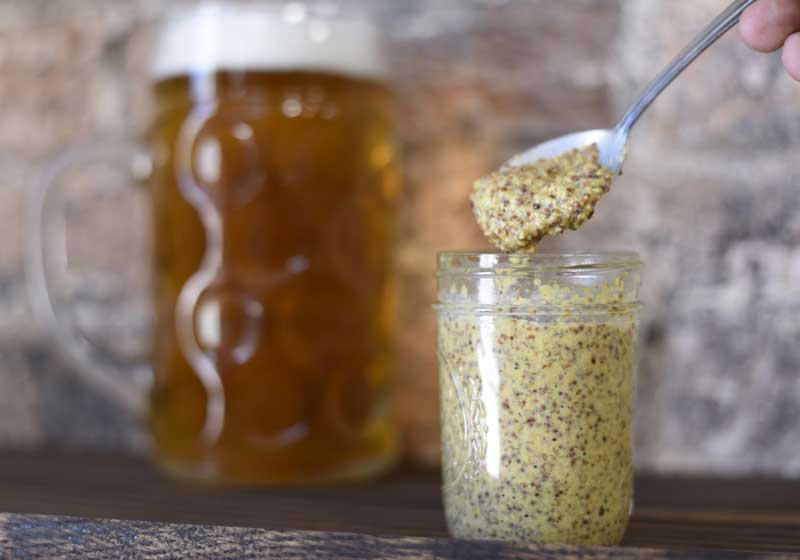
Let the mustard rest in the fridge for a few days to mellow and deepen in flavour. It will keep for months if stored in a sealed container.
Mustard Variations to Try:
- Beer mustard (soak seeds in stout or pale ale).
- Dijon-style (use white wine and a touch of sugar).
- Sweet-spicy mustard (add chilli flakes and honey).
Preserving the Joy of Making
DIY condiments aren’t just cost-effective and flavourful - they also give you control over ingredients, making them perfect for dietary needs or preferences. They also make thoughtful gifts when bottled up with a ribbon or handwritten label.
So, next time your crisper drawer is overflowing, or your herb garden is in overdrive, try your hand at preserving the season in a jar. From punchy pickles to bold mustards and aromatic vinegars, these homemade essentials add zing, depth and a touch of DIY pride to every plate.


